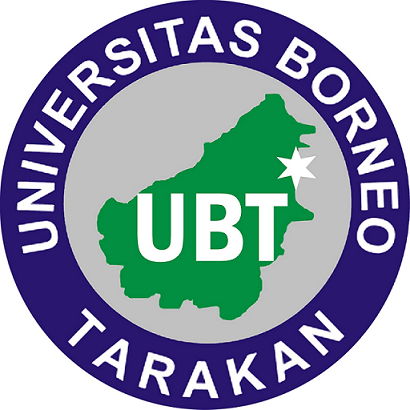BAYI TABUNG (IN VITRO FERTILIZATION) DALAM PANDANGAN FILSAFAT HUKUM ISLAM
Abstract
Abstract
It is the dream of every married couple to have children, but not all couples can achieve this dream because of various problems related to fertility, health, disorders, or diseases that affect fertility in both men and women. This situation encourages the development of health technology in the field of reproduction, including artificial insemination, deep fertilization, fertilization in tubes, fetal transfer, and fetal implantation. This technology is a solution for couples who face these problems, and one example is IVF and surrogate mothers who have begun to be applied in various countries including Indonesia. IVF technology has developed in Indonesia and several countries, including countries with a majority Muslim population. The use of IVF actually does not contradict the basic principles of the universe (sunnatullah), but actually proves its truth, namely that humans come from the fertilization process between sperm and female eggs .
The research method used is a qualitative method with literature studies. This method is used to analyze relevant information about how IVF is in an Islamic perspective. Researchers collect data / information from various literature sources, such as journals, books, laws and regulations, and Islamic religious books related to this study. Researchers conduct searches through academic databases and digital libraries that provide access to scientific journals and related literature sources. Before using literature, researchers read and evaluate the accuracy and relevance of the information.
According to the law, babies that are then produced by the insemination process have two kinds of legal provisions where sperm must be produced by the legal husband of a legal partner and the implantation of tau cells called seeds into the womb of the legal wife as well, not in another womb which is certainly not allowed. If the two provisions on seed and womb mentioned above are incompatible then obviously this really needs to be considered as a form of prohibited provision.
Keywords: Fertilizition, Descendants, religious
Full Text:
PDFDOI: https://doi.org/10.35334/ay.v8i1.4222
Refbacks
- There are currently no refbacks.
Copyright (c) 2023 JURNAL AKTA YUDISIA

This work is licensed under a Creative Commons Attribution-NonCommercial-ShareAlike 4.0 International License.
INDEKS:
 Â Â
  
 Â Â
    Â
   Â
 


 | JURNAL AKTA YUDISIA |
Ciptaan disebarluaskan di bawah Lisensi Creative Commons Atribusi-NonKomersial 4.0 Internasional.







